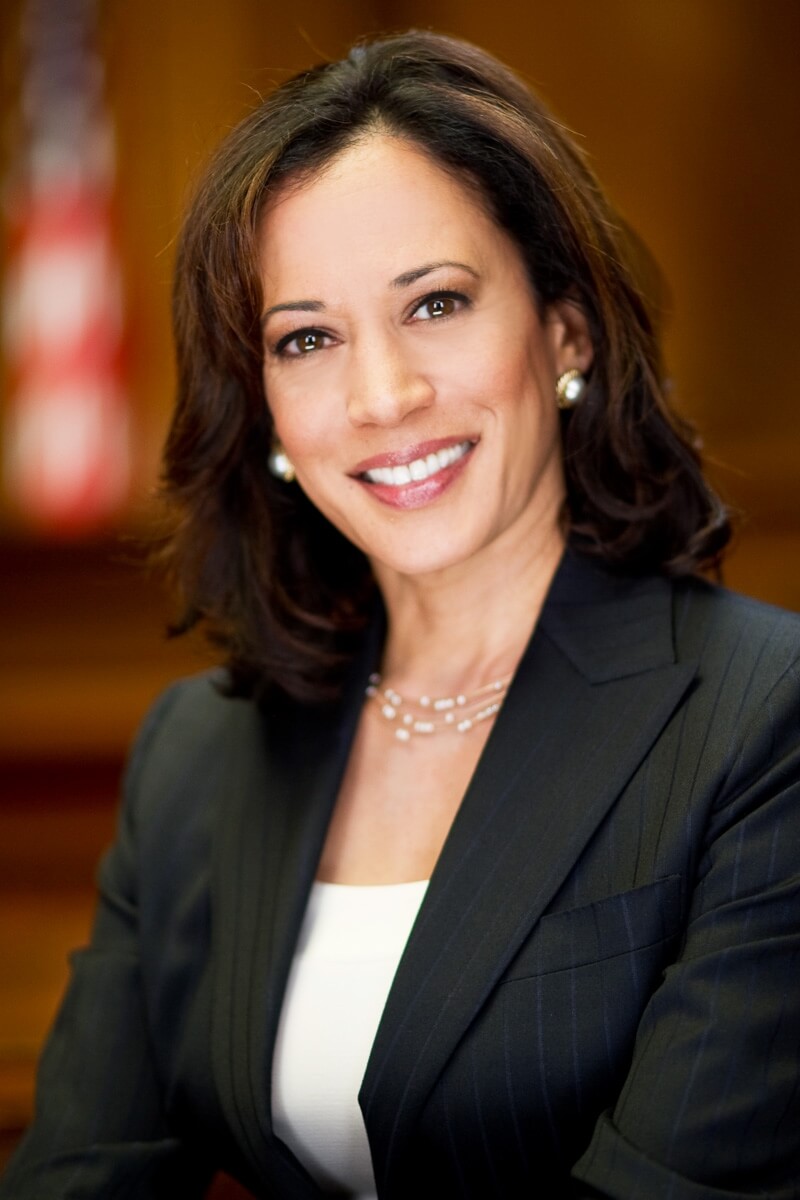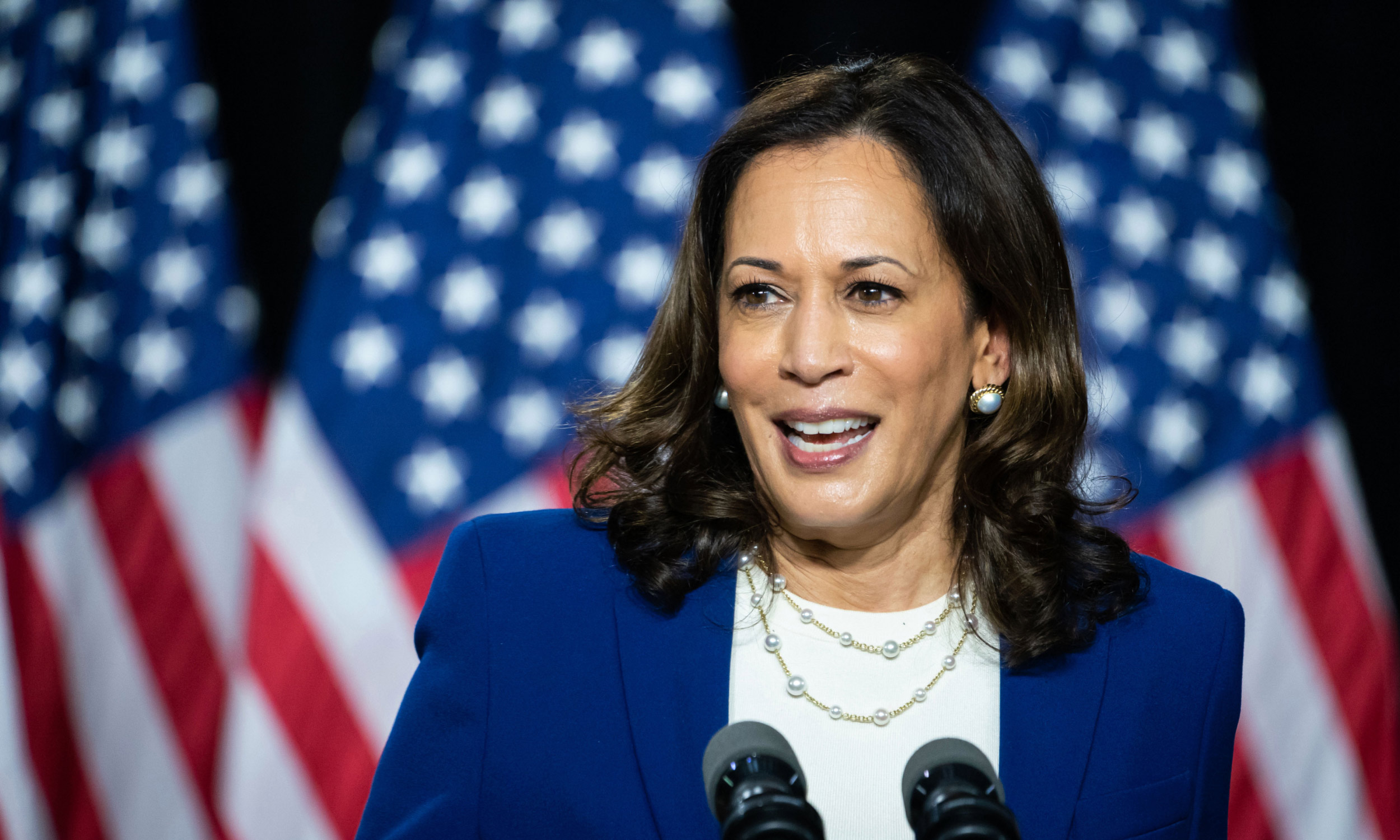Current Developments in Capital Gains Tax: Kamala Harris's Proposal
In recent days, Vice President Kamala Harris has made headlines with her capital gains tax proposal, which marks a significant shift from the previous stance of President Joe Biden. This proposal is particularly relevant as it comes amidst ongoing discussions about tax reform and economic policy in the lead-up to the 2024 presidential election.
Key Highlights of the Proposal
Proposed Tax Rate: Harris has proposed a 28% capital gains tax rate for individuals earning $1 million or more annually. This is a notable increase from the current top rate of 20%, which also includes an additional 3.8% surtax for high earners, bringing the effective rate to 23.8%.
Divergence from Biden's Plan: This proposal represents a softening of Biden's more aggressive tax increase plans. While Biden had aimed for a higher rate, Harris's approach appears to be more moderate, potentially appealing to a broader range of voters.
Focus on Wealthier Individuals: The proposed tax is aimed specifically at the wealthy, with Harris emphasizing the need for the affluent to pay their fair share. This aligns with her broader economic agenda, which seeks to address income inequality and support small businesses.
Support for Small Businesses: Alongside the capital gains tax proposal, Harris has also unveiled a $50,000 tax benefit for new small businesses. This initiative is designed to spur economic growth and support entrepreneurship, particularly in underserved communities.
Context and Implications
The capital gains tax is levied on profits from the sale of assets such as stocks, real estate, and mutual funds. The proposed changes are part of a larger conversation about how to reform the tax system to ensure it is equitable and supports economic growth.
Current Tax Landscape
As of 2024, the capital gains tax rates are structured as follows:
- 0% for individuals with taxable income up to $94,050.
- 15% for those earning between $94,051 and $518,900.
- 20% for individuals earning above $518,900, with the additional 3.8% surtax for high earners.
Harris's proposal would adjust these thresholds, particularly affecting those in the highest income brackets.

Political Reactions
The proposal has garnered mixed reactions:
- Supporters argue that increasing the capital gains tax on the wealthy is a necessary step toward reducing income inequality and funding essential public services.
- Critics, including some within the Democratic Party, express concern that such tax increases could deter investment and economic growth, particularly in a fragile post-pandemic economy.
Recent News Coverage
Several news outlets have reported on Harris's proposal, highlighting its implications for the upcoming election and the broader economic landscape:
- Kiplinger reported on Harris's call for a 28% capital gains tax, emphasizing the shift from Biden's more aggressive stance.
- ABC News noted that Harris's plan includes a lower long-term capital gains tax than Biden's proposal, which could appeal to moderate voters.
- InvestmentNews highlighted the current long-term capital gains rate and the additional surtax, providing context for Harris's proposal.
Additional Resources
For those interested in further details, here are some useful links:
- Kiplinger on Kamala Harris's Capital Gains Tax Proposal
- ABC News Coverage of Harris's Economic Agenda
- InvestmentNews Analysis of Current Tax Rates

Conclusion
Kamala Harris's recent proposal for a 28% capital gains tax on high earners represents a significant shift in the Democratic Party's approach to taxation. As the political landscape evolves leading up to the 2024 election, this proposal will likely be a focal point of debate, reflecting broader concerns about economic equity and growth. The implications of this proposal will be closely watched by both supporters and critics as it unfolds in the coming months.





